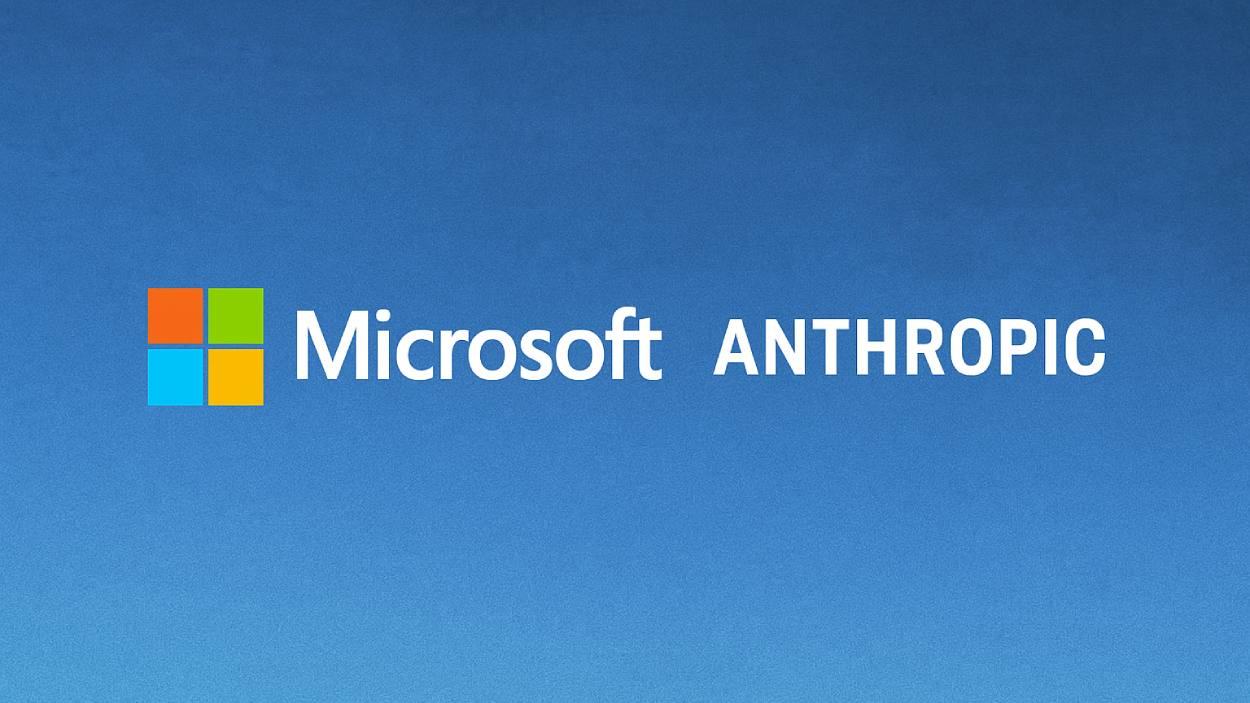Microsoft is giving businesses more control over their AI tools by bringing Anthropic’s Claude models to Microsoft 365 Copilot.
Quick Summary – TLDR:
- Microsoft has added Anthropic’s Claude Opus 4.1 and Claude Sonnet 4 to its 365 Copilot suite for enterprise users.
- This move gives businesses more AI model options beyond OpenAI, enabling custom workflows and agent development.
- Claude integration starts with Copilot’s “Researcher” and Copilot Studio, with administrator controls in place.
- Microsoft continues backing OpenAI while growing partnerships with Anthropic and testing its own in-house AI models.
What Happened?
Microsoft announced it is integrating Claude Opus 4.1 and Claude Sonnet 4, two advanced AI models from Anthropic, into Microsoft 365 Copilot. This shift opens up new options for enterprise users who previously relied solely on OpenAI’s models to power Copilot features in Word, Excel, Outlook, and other apps.
While OpenAI remains a core part of Microsoft’s AI infrastructure, the addition of Anthropic’s models is a strategic move to diversify AI providers and expand enterprise-level customization.
Claude Sonnet 4 and Opus 4.1 are now available in Microsoft 365 Copilot, bringing Claude’s advanced reasoning capabilities to millions of enterprise users.
— Anthropic (@AnthropicAI) September 24, 2025
Read more: https://t.co/3UTzA9A2Yk
Claude Comes to Copilot
With the new integration, Microsoft’s Copilot suite will now offer businesses a choice between OpenAI’s models and Anthropic’s Claude models, tailored for different AI tasks:
- Claude Opus 4.1: Built for advanced reasoning, deep research, architecture planning, and complex problem-solving.
- Claude Sonnet 4: Optimized for content generation, large-scale data processing, and day-to-day development needs.
These models are being introduced first in Researcher, a Microsoft 365 Copilot agent that helps teams gather information and generate structured reports. Enterprises can also use them inside Copilot Studio, Microsoft’s toolkit for building custom AI agents.
Importantly, IT administrators will need to approve the use of Claude models, and they will run under Anthropic’s terms of service.
More Than Just a Backup Plan
Microsoft has historically been closely tied to OpenAI, investing more than $13 billion into the startup and running its models through Microsoft Azure. But now, Microsoft is broadening its horizons:
- Claude models are hosted on Amazon Web Services (AWS) and Google Cloud, unlike OpenAI models which primarily run on Azure.
- Microsoft is also experimenting with its in-house model, known as MAI-1-preview, signaling deeper independence in the AI race.
- The company is already testing DeepSeek (China), xAI (Elon Musk), and Meta Platforms’ models across its cloud and enterprise offerings.
This signals a deliberate shift from being dependent on a single AI partner to embracing a multi-model strategy that serves different business needs.
What It Means for Enterprises?
For enterprise users, this development means more flexibility and choice when designing AI-powered workflows:
- Companies in Microsoft’s Frontier program are already testing Claude Opus 4.1 in live environments.
- IT teams can choose the right model for the right task, whether it’s OpenAI for natural conversation or Claude for in-depth research.
- Developers can now build agents using Claude models directly within Copilot Studio.
This move is especially useful for organizations that have unique compliance, security, or workflow requirements, as it allows them to stay within the Microsoft ecosystem while choosing the AI brain that suits them best.
SQ Magazine Takeaway
I love this move. Microsoft is finally doing what many of us have been asking for: giving users options. Instead of locking enterprise customers into one AI model, they’re letting businesses decide what works best for them. Whether it’s the analytical power of Claude Opus or the rapid processing of Sonnet, users now have real, flexible tools to shape their AI experiences. It also sends a clear message that Copilot is the platform, not just a front for OpenAI’s models. I think this shift will spark even more competition in the AI model space, and that’s a win for everyone.


































































